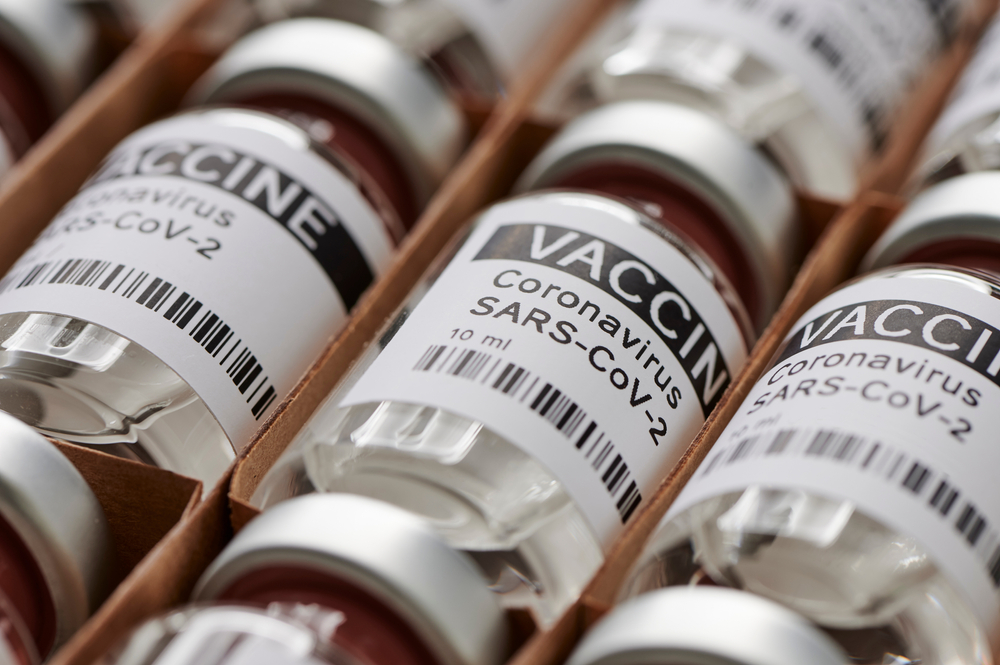CMS Requires COVID-19 Vaccination by January 4th for Facilities that Accept Medicare and Medicaid

CMS announced an emergency order requiring every healthcare facility, who participates in Medicare and Medicaid programs to ensure that all eligible employees receive COVID-19 vaccination by January 4, 2022.
The emergency order applies to approximately 76,000 facilities that employ more than 17 million healthcare workers. Applicable facilities include:
- Ambulatory Surgery Centers
- Clinics
- Community Mental Health Centers
- Comprehensive Outpatient Rehabilitation Facilities
- Critical Access Hospitals
- End-Stage Renal Disease Facilities
- Home Health Agencies
- Home Infusion Therapy Suppliers
- Hospices
- Hospitals
- Intermediate Care Facilities for Individuals with Intellectual Disabilities
- Long Term Care facilities
- Psychiatric Residential Treatment Facilities (PRTFs) Programs for All-Inclusive Care for the Elderly Organizations (PACE)
- Public Health Agencies as Providers of Outpatient Physical Therapy and Speech-Language Pathology Services
- Rehabilitation Agencies
- Rural Health Clinics/Medicare Federally Qualified Health Centers
There are several reasons for this emergency order — most stemming from the high transmissibility of the Delta variant. These concerning reasons include:
- Unvaccinated healthcare workers who contract COVID-19 may spread the virus to patients or their family members.
- Healthcare workers exposed to COVID-19 from an unvaccinated healthcare worker can’t work because of their exposure to the virus or because they develop COVID-19 as a break-thru infection.
- Patients and their families feel more confident seeking healthcare knowing that the staff has been fully vaccinated against COVID-19.
The CMS believes that COVID-19 vaccinations for all eligible healthcare workers will help reassure potential patients and their families that all healthcare facilities accepting Medicare and Medicaid are staffed by vaccinated healthcare workers. Additionally, the CMS deems that it is critical to have a consistent standard across all Medicare/Medicaid facilities in all 50 states.
What are the Specific Vaccination Requirements?
All eligible employees must receive their first dose of a two-dose COVID-19 vaccine or a one-dose COVID-19 vaccine by December 6, 2021, before continuing to give care, treatment, or services to patients. Recipients of either Pfizer or Moderna vaccines must have had their second dose by January 4, 2022. Eligible staff who missed the first deadline for the two-dose COVID-19 vaccines can take the one-dose Johnson and Johnson vaccine by January 4, 2022, to comply with the CMS emergency order.
Who are considered “eligible staff?” The definition of “eligible staff” is broad and includes employees, licensed practitioners, trainees, students, and volunteers. Those includes extends to persons who supply treatment, care, or other services for the facility or its patients under contract and through other arrangements. Current and new staff are included — anyone who provides care, treatment, or services for the facility and/or patients.
The emergency order also includes staff who work off-premises. Many staff members of some healthcare providers work almost exclusively offsite – for example, home health or home infusion therapy. To fulfill the goal of maximum patient protection, any staff member who interacts with other employees, patients, clients, residents, or PACE program participants in settings beyond recognized clinical settings (homes, clinics, offsite meetings, non-traditional care sites, or administrative offices) has to be vaccinated. Most Indian Health Services facilities are included under this emergency order.
Exclusions are few — teleworkers who are 100% remote are exempt, as are Organ Procurement Organizations, Religious Nonmedical Health Care Institutions, and Portable X-Ray Suppliers.
Moving Forward in 2022
Healthcare professionals are at the forefront of getting the COVID-19 pandemic under control to help end unnecessary deaths, decrease healthcare workers’ risk of death or long-term side effects from a COVID-19 infection, and stabilize our nation’s healthcare system.